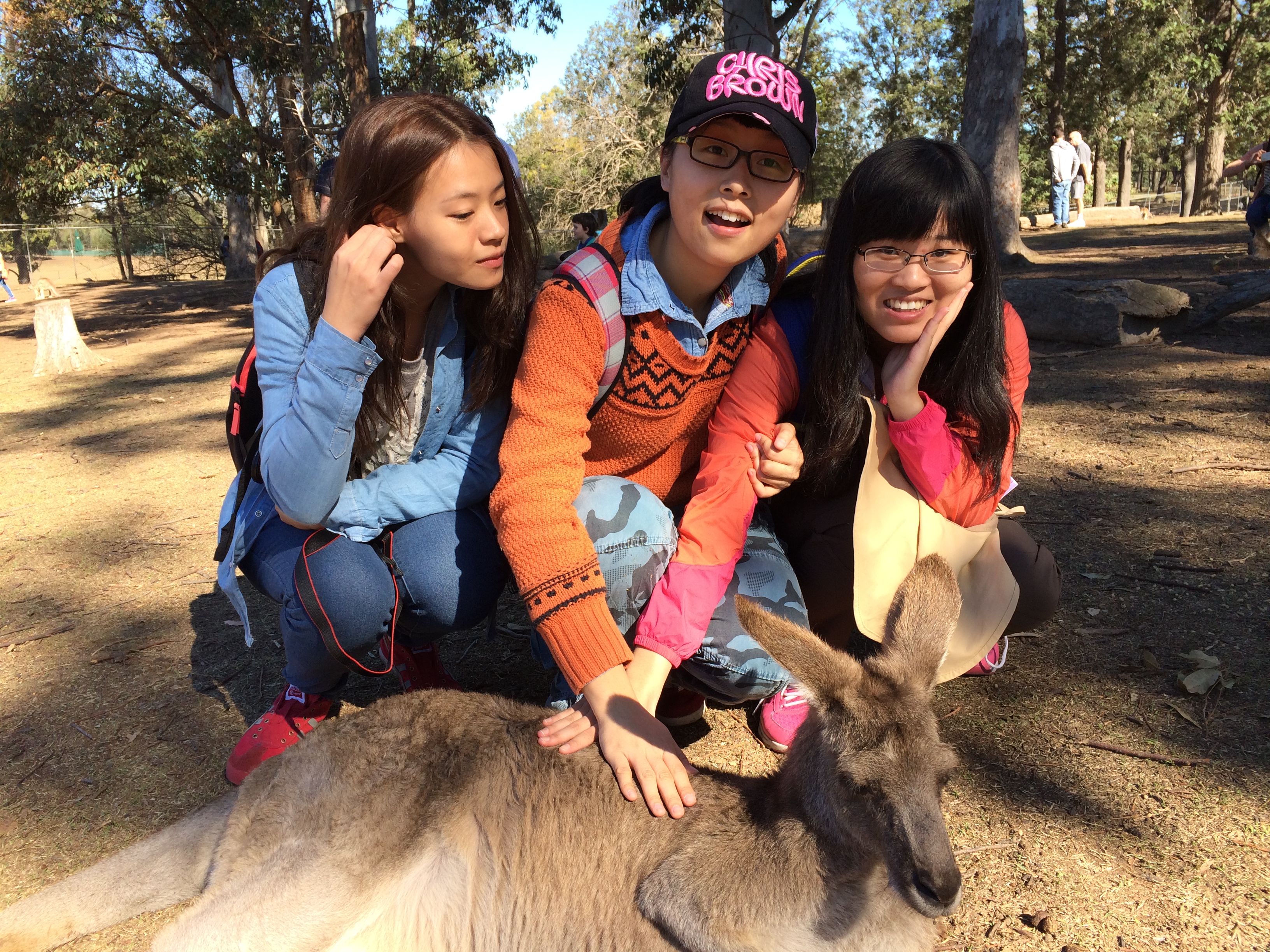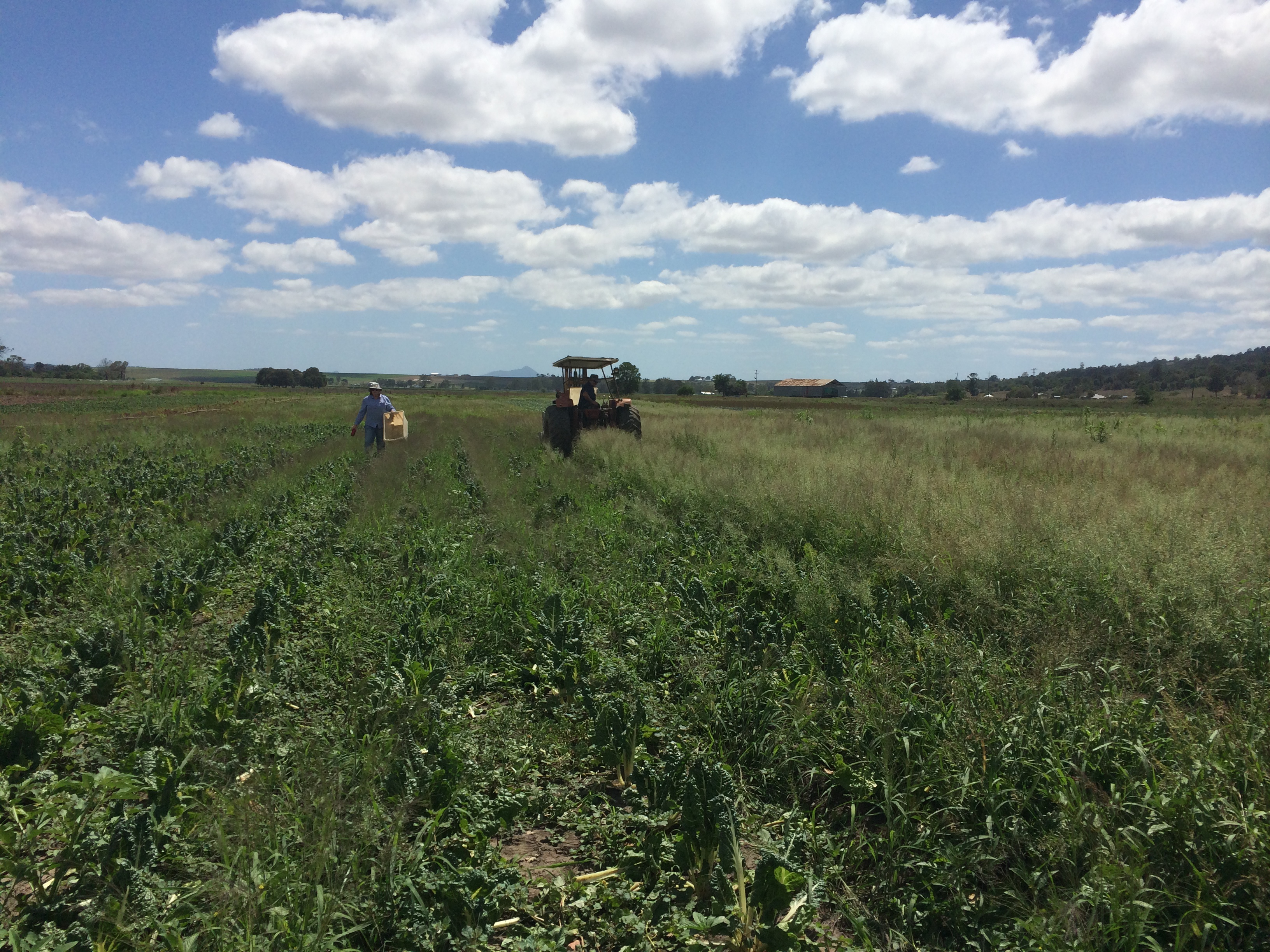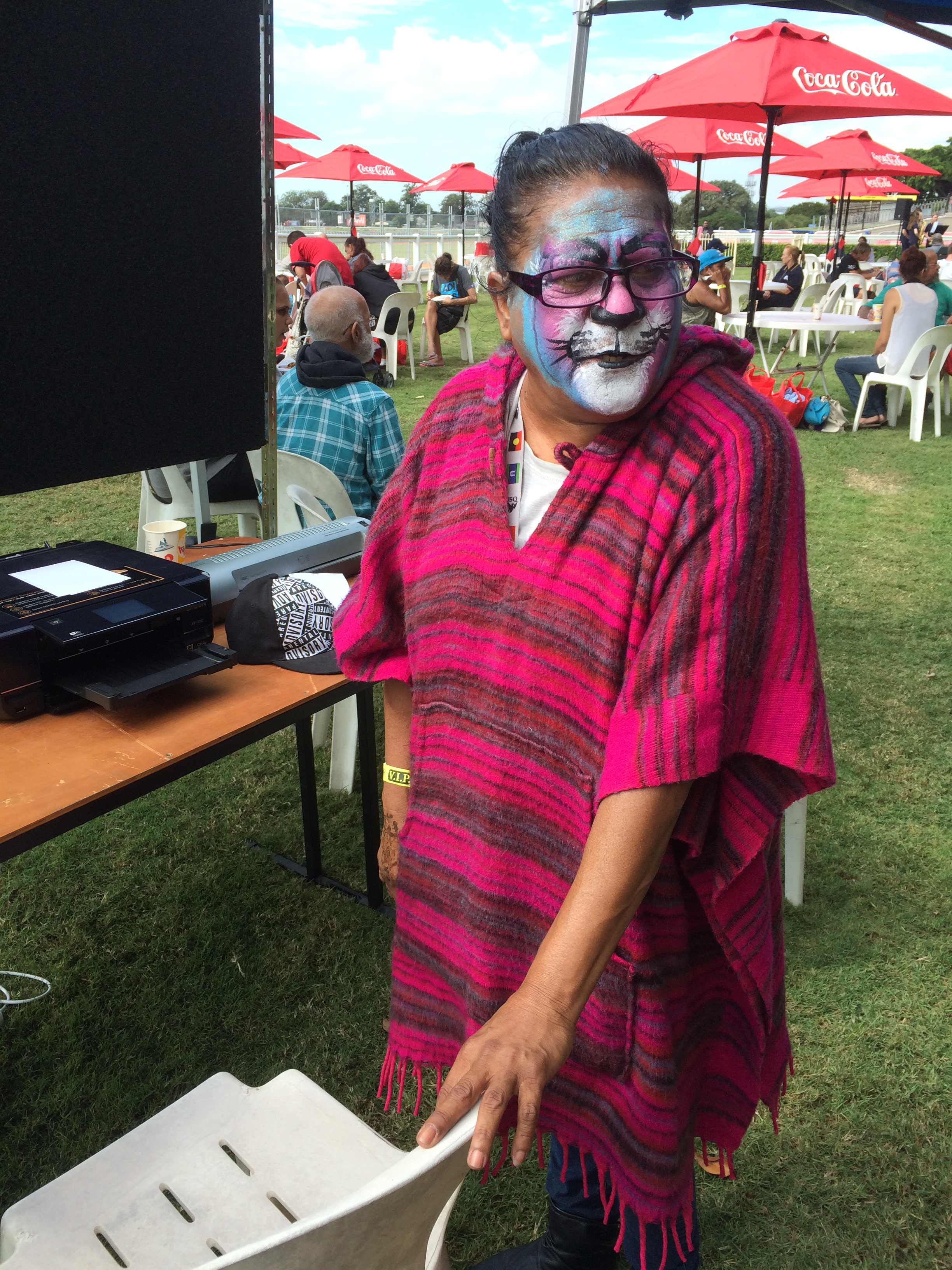After Australian Senator Colbeck’s speech On April 15th 2016 at GDUFS, TAO Xiaolei, an undergraduate who spent a year at Queensland University as an exchange student, shared her experience in Australia, recalling her memories surrounded by three key words: “diversity”, “potentiality” and “family”, which won laughter and applause among the audience.
Good morning, distinguished guests. I am Tao Xiaolei from the School of English for International Business. I studied at the University of Queensland as an exchange student for one year. When I was preparing for this speech, I looked through all the pictures I took there, and realize how much I miss Australia. I miss peaceful Brisbane; the amazing food in Sydney; the wonderful museums in Melbourne; the splendid scenery of the Gold Coast; and, last but not least, my friends and teachers at UQ. I can still remember clearly the noises the possums made on the roof of my house in the evening, the awful taste of Vegemite (no offence), and delicious corned beef I had on the farm. I could tell you stories from my Aussie adventures all day and all night. But today I want to talk about three words that impressed me most while I was there: diversity, potentiality and family.

A kangaroo in Brisbane
First, diversity. When we first entered the classroom, we were impressed by the scene: classmates are from different continents and have different skin tones, some of whom are much older than us, maybe even the same age as my parents and some are bound to wheelchairs. I was not used to all this, so sometimes I could not help staring, even though I knew it is impolite. But then I started to ask myself: why I am so stuck in my own way of thinking, making judgments about others based only on a first impression? Gradually, I changed and started to enjoy the diverse environment.
I could even see diversity in the food my homestay cooked for me. Once I asked my homestay, "What is traditional Aussie food (like dim sum to China, or fish and chips to the UK)?" They thought about it for a while and said, "Welcome to our melting pot. Our traditional cuisine is Australian pie, but it did not actually originate here. We enjoy different kinds of food, from Chinese, to Indonesian, to American, to Thai". I thought this was a joke, but it turned out to be true. From the first day I arrived in Australia, my homestay cooked for me the cuisines of many different countries. It is just a snapshot of how diverse Australian culture is.
In the class, the professor would always emphasize diversity in the field of business, whether it be in human resource management or international business trade. As a result, globalization and localization have always been the core of our case studies. Besides, discussion with classmates can often give us a new perspective. Communicating with classmates from different backgrounds and of different mindsets promotes us to see problems from a brand new angle, which is a required competence for the young generation these days.
People in Australia treat differences with respect, and perceive it as an opportunity to create a better life. From their influence, I can now embrace differences and diversity with little prejudice, which is one of the most important things I learned in Australia.
Secondly, potentiality. "Why not? Just try! "My foreign friends always say this. It is really common for my classmates and teachers to have traveled to or studied in several continents. One of my professors grew up in China, completed a Master’s degree in America, taught in Europe, and then later moved to Australia. She first taught at the University of Melbourne, then went to Perth, and finally to UQ. I was amazed by her experience, which has always been my dream. (But just a dream, maybe a daydream.) However, she told me it was actually easy, and encouraged me to discover my own potential. She said that on many occasions she wanted to give up, but in the evening, her ambition and dream would always pull her back to the desk to study. She proved to me that there is no limit for life as long as you try hard enough.
Previously, I was used to staying in my comfort zone and avoiding uncertainty. But after making friends with these crazy people, I also went crazy. In the past, it was hard to imagine that I could work on a distant farm with strangers for one month – especially in another country. But I did this. It was also hard to imagine that I could write a threethousandword English essay with high formality and critical thinking. However, I achieved this. Though I spent much much more time on my writing tasks than native speakers, I got the highest mark. Since that moment, this unforgettable sense of achievement has been pushing me out of my comfort zone to explore new things. Now there is always a voice inside my head saying, "Why not? You have nothing to lose but fear. Nobody and nothing can stop you except you."

Scenic view on the farm
And last but not least, family. I was taken good care of in Australia by my homestay, my teachers and friends. They never lost their temper when I asked silly questions like: what is the difference between “university” and “college”, or “classic” and “classical”. They corrected my pronunciation, explained meanings of slang words, and created a birthday surprise for me. Even bus drivers, cashiers and strangers doing their morning exercise would always say hello to me with big smiles. Their smiles are like sunshine. In addition to this, I also see the love the whole society gives to people in need. I got involved in various voluntary positions, one of which was Homeless Connect. It is aimed to provide the homeless with clothes, shoes and food. To my surprise, this event was more like a fantastic party. The homeless guests could go to the warehouse and pick up whatever they liked, just like when we go shopping, and have a haircut or shower for free. They could also participate in a variety of activities, such as live concerts, electronic games, face painting and karaoke. A guest told me it was like Christmas to them. All staff treated them like family, with love and respect, which touched me a lot. It is an amazing example of philanthropy, and demonstrating how to be appropriately charitable. Aussies give people in need, including me, kind help, genuine care and a sense of belonging. This is what I am still learning.

A homeless guest who had her face painted
I will never forget that I revised my essay more than ten times within a week; I will never forget that I stayed in the library and enjoyed the free snack uni offered at 2am; I will also never forget that my teammates spoke Chinglish, Singlish, American English and British English. All in all, I believe this wonderful experience will be my life's treasure. And I hope that I can in the future, as a student, further promote the cultural and educational exchanges between universities and countries. Thank you!

